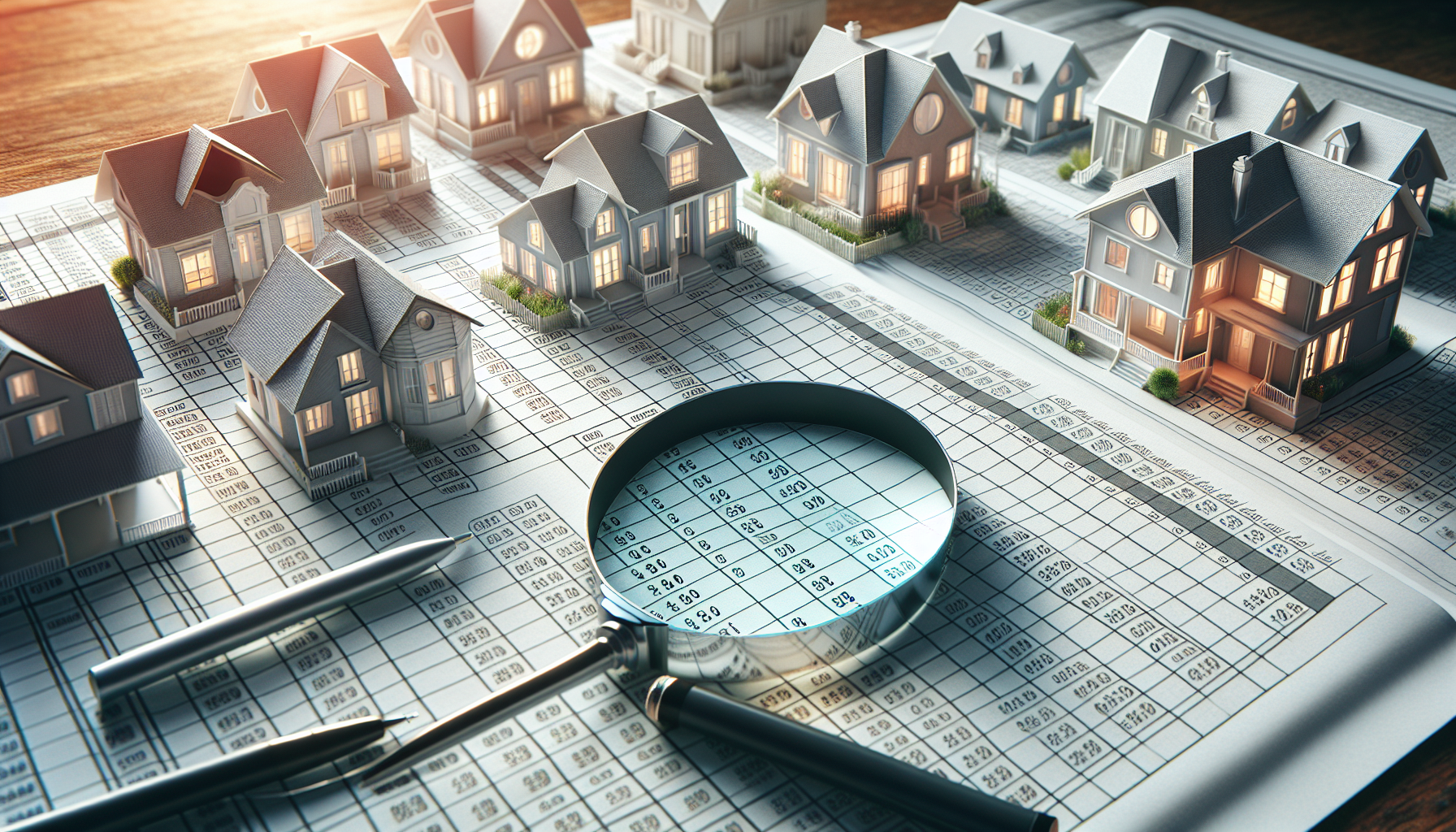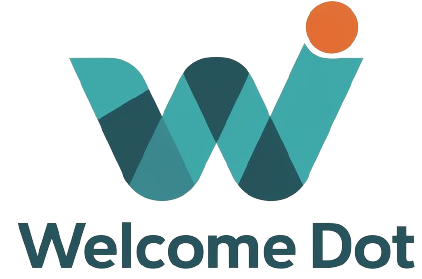
What is the Best Reason for Homebuyers to Create a Budget Before Taking Out a Mortgage?
Importance of Creating a Budget Before Taking Out a Mortgage
Buying a home is a significant financial decision that requires careful planning and budgeting. Before taking out a mortgage, it’s crucial for homebuyers to create a comprehensive budget to determine the affordable amount they can spend on their first home. This budget should take into account various factors, including monthly expenses, outstanding debts, and potential down payment.
Creating a well-thought-out budget helps homebuyers make financially sound decisions and avoid becoming “house poor” by living within their means. By assessing their financial situation and establishing a budget, homebuyers can confidently choose a home they can afford while maintaining financial stability.
Assessing Monthly Income and Expenses
To create an effective budget, homebuyers should start by assessing their gross income and monthly expenses. This involves listing all sources of income and categorizing expenses into fixed and variable costs. Fixed expenses include rent or mortgage payments, car payments, and insurance premiums, while variable expenses cover groceries, entertainment, and discretionary spending.
Homebuyers should also consider their debt-to-income ratio, which compares monthly debt payments to gross monthly income. Lenders typically prefer a debt-to-income ratio of 36% or less, as it indicates that the borrower has sufficient income to cover their debts and living expenses.
Determining an Affordable Mortgage Amount
Once homebuyers have a clear understanding of their monthly income and expenses, they can determine an affordable mortgage amount. A common guideline is the 28 percent rule, which suggests that housing expenses (including mortgage principal, interest, taxes, and insurance) should not exceed 28% of gross monthly income.
Another approach is the 50/30/20 rule, which allocates 50% of income to needs (including housing), 30% to wants, and 20% to savings and debt repayment. By following these guidelines and considering their unique financial circumstances, homebuyers can establish a budget that allows them to comfortably afford their mortgage payments while meeting other financial obligations.
Factors Affecting Mortgage Affordability
Several factors influence the affordability of a mortgage, and homebuyers should be aware of these when creating their budget. These factors include credit score, interest rate, down payment, and pre-approval.
Credit Score and Interest Rates
A homebuyer’s credit score plays a significant role in determining the interest rate they qualify for on a mortgage. A higher credit score generally translates to a lower interest rate, which can result in a lower monthly mortgage payment. Homebuyers should aim to improve their credit score by paying bills on time, reducing debt, and correcting any errors on their credit report.
Interest rates also fluctuate based on market conditions and the type of mortgage selected. Fixed-rate mortgages offer stability with consistent monthly payments, while adjustable-rate mortgages (ARMs) may have lower initial rates but can increase over time.
Down Payment and Private Mortgage Insurance
The size of the down payment can significantly impact the monthly mortgage payment and the overall affordability of a home. A larger down payment reduces the loan amount and can help homebuyers avoid private mortgage insurance (PMI), which is typically required when the down payment is less than 20% of the home’s purchase price.
Homebuyers should consider their personal affordability and financial circumstances when deciding on a down payment amount. Some mortgage programs, such as Federal Housing Administration (FHA) loans, allow for smaller down payments but may have higher monthly payments and require mortgage insurance.
| Down Payment | Impact on Monthly Mortgage Payment |
|---|---|
| Larger down payment (e.g., 20% or more) | Lower monthly mortgage payment, no PMI required |
| Smaller down payment (e.g., less than 20%) | Higher monthly mortgage payment, PMI required |
Budgeting for Homeownership Costs Beyond the Mortgage
When creating a budget for homeownership, it’s essential to understand the various costs associated with owning a home beyond the mortgage payment. These costs can be divided into upfront costs and ongoing costs.
Upfront Costs: Down Payment, Closing Costs, and Moving Expenses
Upfront costs include the down payment, closing costs, and moving costs. Closing costs typically range from 2% to 5% of the home’s purchase price and cover expenses such as appraisal fees, title insurance, and origination fees. Moving costs can vary depending on the distance and volume of belongings being transported.
Homebuyers should also budget for additional upfront expenses, such as furniture, appliances, and any immediate repairs or renovations needed to make the home move-in ready.
Ongoing Costs: Taxes, Insurance, HOA Fees, and Maintenance
Ongoing costs of homeownership include property taxes, homeowners insurance, homeowners association (HOA) fees, and maintenance costs. Property taxes and insurance premiums can vary based on the home’s location and value, while HOA fees apply to properties within a community association.
Maintenance costs are an important consideration for homebuyers, as they are responsible for all repairs and upkeep of the property. A general rule of thumb is to budget 1% to 2% of the home’s purchase price annually for maintenance expenses.
- Utilities (electricity, gas, water, sewer)
- Landscaping and yard maintenance
- Building maintenance and repairs
- Future upgrades and renovations
Saving Strategies for a Home Purchase
Saving for a home purchase requires discipline and planning. Homebuyers should focus on saving for the down payment, closing costs, and an emergency fund to cover unexpected expenses.
Saving for a Down Payment and Closing Costs
To save for a down payment and closing costs, homebuyers should consider opening a dedicated savings account, such as a high-yield savings account, money market account, or certificate of deposit (CD). These accounts typically offer higher interest rates than traditional savings accounts, allowing savings to grow faster.
Homebuyers should avoid investing their down payment savings in the stock market or other volatile investments, as short-term market fluctuations can put their savings at risk.
Building an Emergency Fund and Planning for Maintenance Costs
In addition to saving for a down payment and closing costs, homebuyers should prioritize building an emergency fund to cover unexpected expenses, such as major repairs or job loss. A general recommendation is to save three to six months’ worth of living expenses in an easily accessible account.
Homebuyers should also plan for maintenance costs by setting aside a portion of their monthly budget. A helpful guideline is to allocate 1% to 2% of the home’s purchase price annually for maintenance and repairs.
| Savings Goal | Recommended Strategy |
|---|---|
| Down Payment and Closing Costs | High-yield savings account, money market account, CD |
| Emergency Fund | Easily accessible account with 3-6 months’ living expenses |
| Maintenance Costs | Set aside 1-2% of home’s purchase price annually |
See also:
- Aircraft Engine Stand: Ensuring Optimal Maintenance and Safety
- People Most Likely Need to Take Out a Mortgage When They Have…
- What Income Do You Need for a $800,000 Mortgage | Explained
- Understanding the Components of a Monthly Mortgage Payment
- For Which Buyer Would a Lender Most Likely Approve a $200,000 Mortgage? – Top Factors
